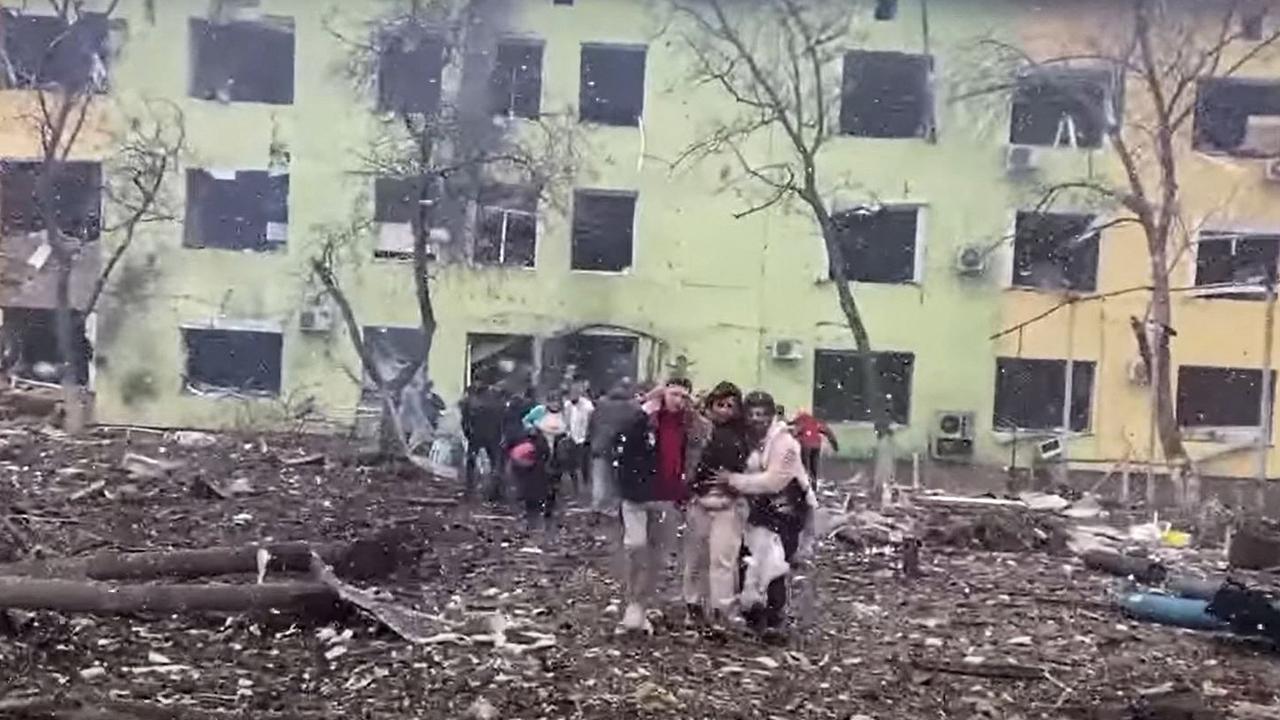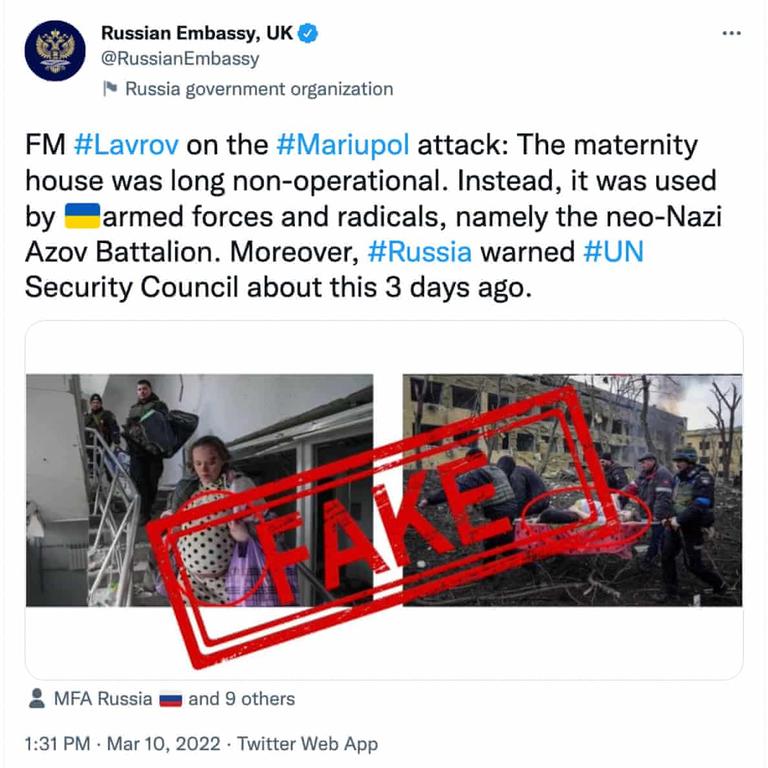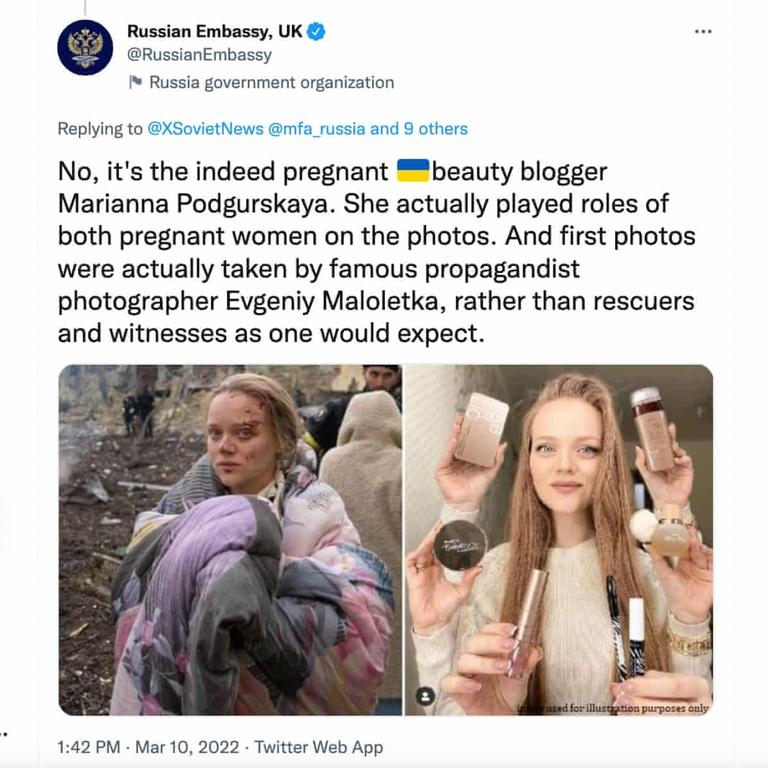
This article is more than
3 year oldFacebook and Instagram will allow posts that call for violence against Russians and Russian soldiers in relation to the Ukraine invasion.
The temporary change to parent company Meta’s hate speech policies will allow posts that call for the deaths of Russian President Vladimir Putin and Belarusian President Alexander Lukashenko according to internal emails to content moderators seen by Reuters.

These calls for death cannot contain threats on other targets or information concerning the location or method of the proposed violence.
According to the emails, threats against Russian soldiers are also allowed as they are being used as a proxy for the Russian military. Reuters reported that the changes would not apply to prisoners of war.
“In light of the ongoing invasion of Ukraine, we made a temporary exception for those affected by war, to express violent sentiments toward invading armed forces such as ‘death to the Russian invaders’,” a Meta company spokesperson confirmed to news.com.au.
“These are temporary measures designed to preserve voice and expression for people who are facing invasion. As always, we are prohibiting calls for violence against Russians outside of the narrow context of the current invasion.”
The policy change will only come into effect when posts are clearly talking about the Ukraine invasion and only in certain countries including Russia, Ukraine, Latvia, Lithuania, Estonia, Poland, Slovakia, Romania and Hungary.
The controversial move came just as the Kremlin claimed, without evidence, that the US had commenced biological activities in Ukraine.
The US has denied the claims, calling the allegations “preposterous”, instead suggesting that Moscow is seeking an excuse to use chemical or biological weapons in Ukraine.

US-based company Meta is one of many social media companies to announce changes to content restrictions surrounding the conflict, with both Meta, YouTube and TikTok blocking Russian state media organisations RT and Sputnik from using their platforms within the European Union.
Twitter announced that it had changed its algorithms to limit the spread of Russian government propaganda on its network.
It will also add labels to tweets containing links from Russian state-linked media outlets noting their affiliations and warning users to “stay informed”.
The social media company recently removed a post from the Russian embassy in London claiming that pictures of the bombing of a children’s hospital in the Ukrainian city of Mariupol were faked.
The tweet falsely claimed that the 600-bed maternity and children’s hospital was no longer operational and was instead being used by “neo-Nazis”.
The embassy’s tweets went on to falsely claim that pictures of pregnant women in the attack were enacted by Ukrainian beauty blogger, Marianna Podgurskaya.

